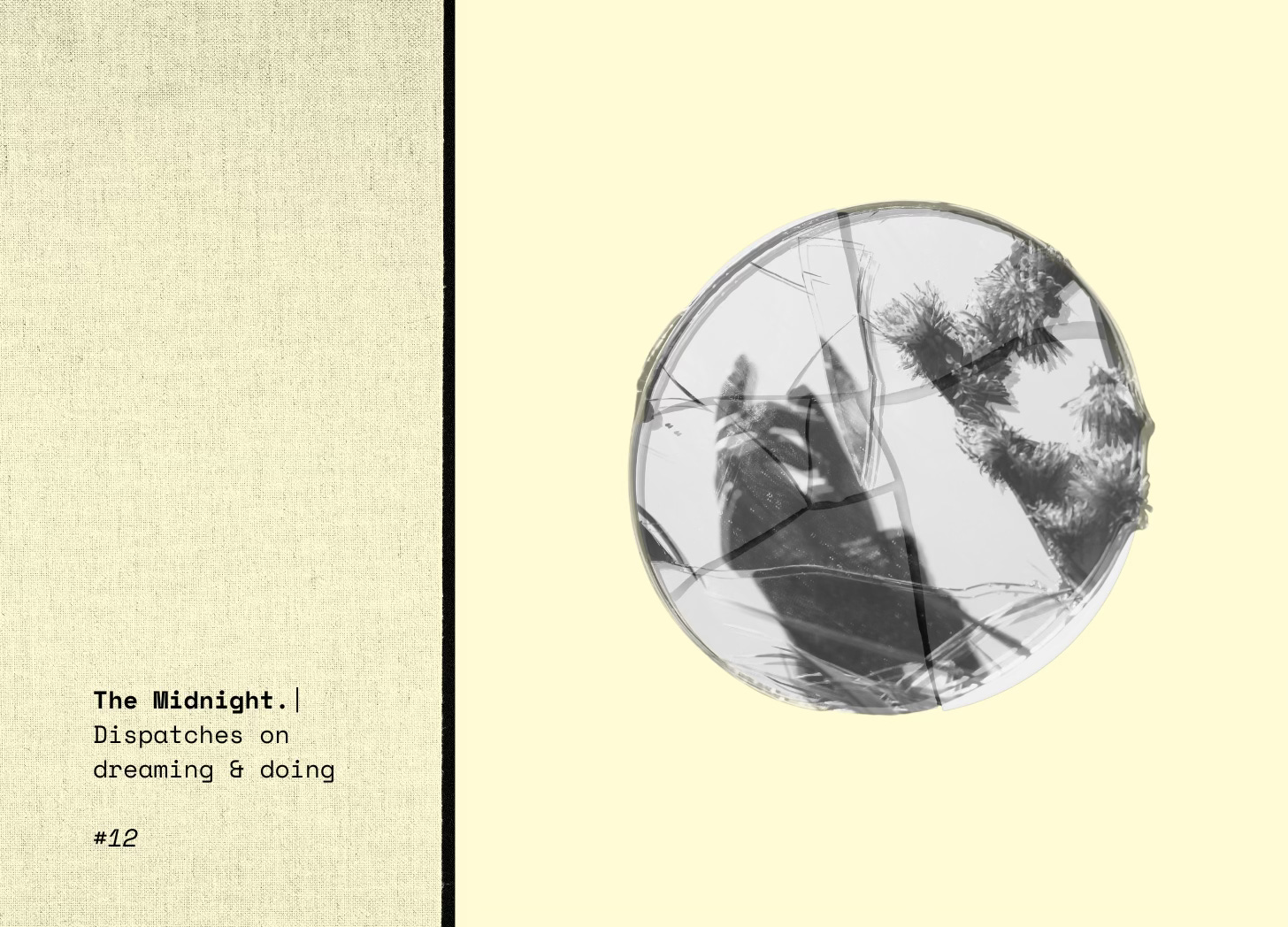Why you must do your mending
On doing boring stuff that’s easy to put off
Midnight Voice Memos is a totally independent labor of love. If you enjoy this work please consider becoming a paid subscriber, grabbing a music Rx from the Song Apothecary, or picking up some Unwritten Records.
Oh wow, mending! I can feel the low click-through rate before even sending out this newsletter. BUT hear me out!
First, by mending I don’t mean literally only mending (although, go off if you know how). I mean doing boring stuff that’s easy to put off because it’s unessential to right now, or you can just shove it in a drawer (literal or figurative) to deal with later1.
In an era where we don’t tend to darn our socks, mending might look like…
Cleaning up your desktop
Organizing all your music sessions so they have the same file naming convention
Clearing out and reorganizing your fridge
Restringing your guitar
Answering a bunch of emails you should have answered days, months, years ago
You get the picture. It’s about actually attending to the boring stuff.
Second, it’s about attending to the boring stuff because it’s beneficial. It’s helpful to your brain and your creativity to not let boring junk pile up—whether or not you’ll eventually be forced to do it someday.
Most of what I’ve read on why it’s beneficial references the “default mode network” of the brain—a network of areas that are highly active during times of rest, routine activity, or low cognitive demand. The basic gist is that giving yourself a break from direct problem-solving or creative work by doing something routine or easy doesn’t stop your brain from “working on it” in the background. This is where that cliché about our best ideas coming to us in the shower comes from.
Anecdotally, I’d also add two things (though I don’t have proof):
a. Dealing with accumulated mundane tasks that have nothing to do with your creative work clears necessary cognitive space for new ideas to take root—especially if you’re a chronic procrastinator with a long, shameful to-do list hovering around your brain space.
b. Dealing with accumulated mundane tasks related to your creative work is like doing a kind of creative idea stocktake, in the best way. Digging through old notebooks or organizing music files on your laptop brings old creative ideas into new light.
Starting to like the sound of mending? Eh? Eh?
This week, I’m sharing some thoughts on experiments and approaches to doing more mending in your life.
Get to it,
Lucy
Dreaming
Cognitive space clearance sale – everything must go!
What happens to your brain and your creativity when you get every procrastinatory, haunted task out of your mindspace? It might not be totally possible, but I would argue you could get pretty close. Here’s one way to approach it:
Write a big, brain-dumpy list of all the little things you’ve been meaning to do but haven’t. You might think of chores, errands, annoying shopping, postcards, emails. Really, just anything you think about doing most weeks but don’t.
Set aside a day or afternoon and work through the entire list. Even if you don’t complete an entire task, move it forward somewhat.
Notice how it feels (good, bad, otherwise) to be momentarily free of your task ghosts. See what new ideas, sparks, desires arise.
Doing
How to do this idea.
If regular weekly mending doesn’t come easy to you, my hot(ish) take is to skip it. I think aiming for mending at a monthly or semi-monthly clip is totally enough for most music-makers and creatives—and it’ll keep you feeling clear, creative, and free.
It’s not easy to be consistent, even at a lower frequency. Here are some thoughts on how:
Do it on the same day each month. Pop that reminder in your calendar. Block off the space. Yeah, sometimes you’ll ignore it and blow it off, but this way you’re less likely to forget.
Pay attention to which mundane tasks you actually find kind of satisfying once you get stuck in—and make sure to always include them.
In a kind of “eat the frog” style, give yourself an ungenerous amount of time to get through your mending. Let the challenge of completing the tasks at blistering speed become your motivation.
This is Julia Cameron’s definition, btw—totally stolen by me for this newsletter, but with some more modern receipts.



